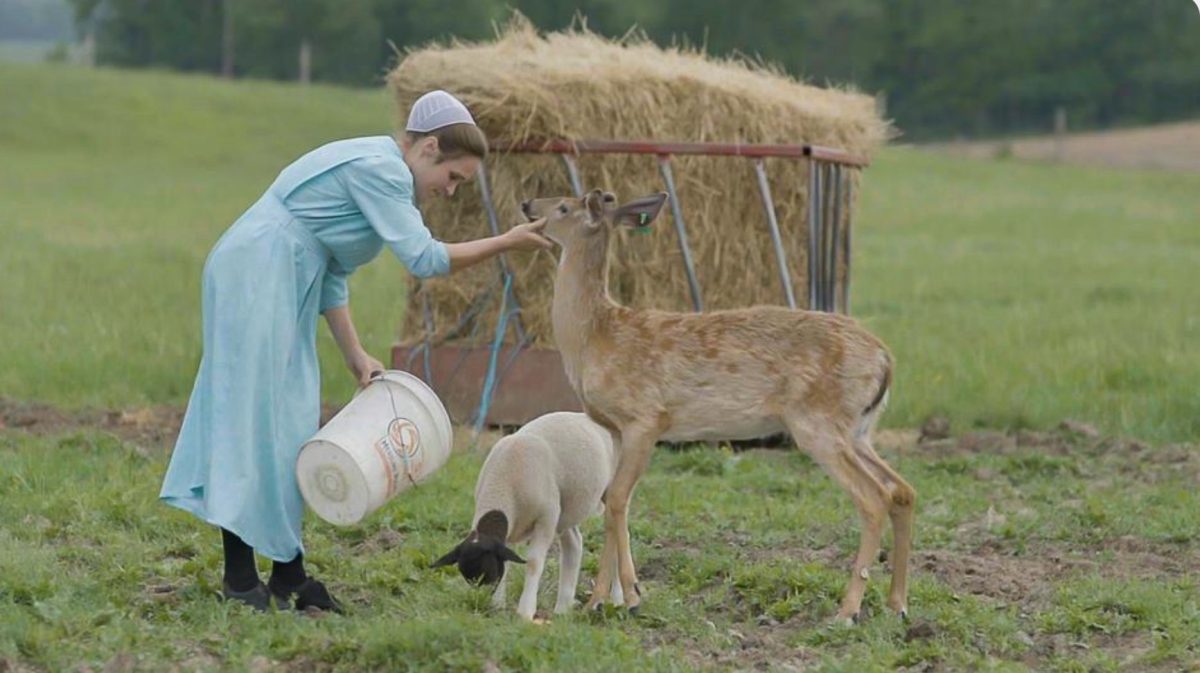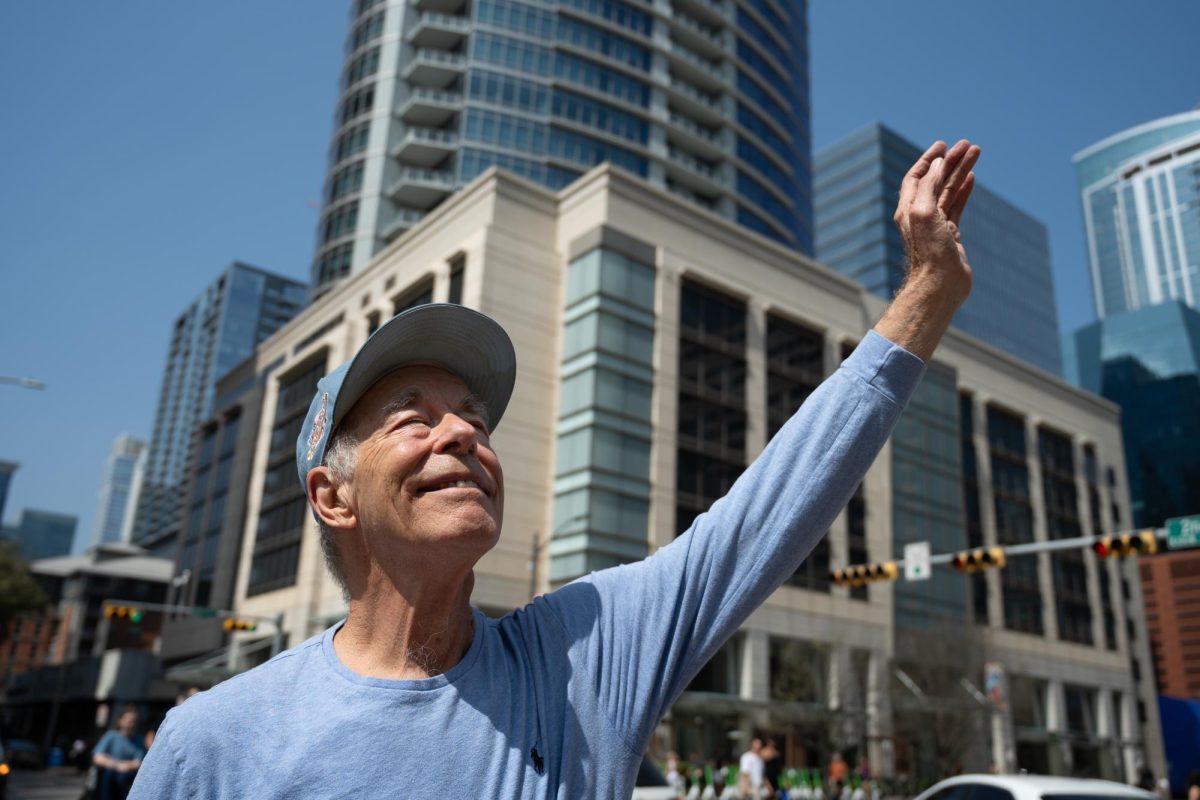In an effort to raise awareness about how oil production affects the environment, filmmaker John Fiege headed to East Texas to document several locals who are trying to stop the building of a major oil pipeline.
Fiege, a UT alumnus and documentary filmmaker whose film, “Above All Else,” premieres at SXSW on March 10. The film follows David Daniel, a man from East Texas who is trying to stop the company Keystone XL from building oil pipelines across his land. Daniel gathers environmental activists from around Texas to help protest the pipeline and raise awareness about the affects of tar sands and the pipeline on the environment. As a passionate environmental and social justice advocate, Fiege wanted to capture Daniel’s story and shed light on the consequences of the Keystone XL pipeline on the environment.
The Daily Texan spoke with Fiege about his interest in the environment and being a radio-television-film Master of Fine Arts candidate at UT.
The Daily Texan: How did you become interested in environmental issues?
John Fiege: All through college and graduate school, I studied environment studies and history. My interest in that goes back to when I was in junior high and I went to some islands called Assateague and the Chincoteague islands and learned about the stuff that Rachel Carson talks about her in book about chemicals polluting the environment. So that was my first experience and it sparked my interest in environmental issues and I’ve pursued it ever since.
DT: What sparked your interest in the oil industry in particular?
Fiege: It’s a long process, but it started four and a half years ago when I got cancer. I didn’t know if I was going to live for very long and I started planning a film and I thought it might be my last. I wanted to do something about how the oil industry impacts our culture. The cancer I had wasn’t genetic, it was something environmental, so everything kind of came together in my life, I wanted to figure out a way to deal with oil in our culture and economy. I didn’t know where to tell that story. But, soon after that I went to Louisiana to film the BP oil spill, and my cancer came back. So around that time I heard about Keystone and the protest in Washington, D.C. People were out on the streets protesting before the project was even approved to prevent something like the BP oil spill, and I realized that’s where the story is — how you fight back and change things.
DT: What do you think the biggest takeaway from the film is, especially in regards to environmental issues?
Fiege: I think that what the film is really about is how, when we’re dealing with environmental issues, there’s a very important personal side of that fight. That’s what we’re really trying to show, the intimate, personal struggle of taking on such huge issues. It’s a different story than what’s often seen in the media about environmental issues. We’re really trying to go beyond those simple dichotomies around environmental issues and really tackle the intimate issues of what it’s involved in trying go change things.
DT: What was your experience as a film student at UT like?
Fiege: It was a really great program for me. It really gave me a lot of freedom to explore film and storytelling. I was able to make a documentary for my senior film, which became a feature film. It was a great opportunity and great experience it really laid the ground for everything I’ve done.
DT: Why did you want to bring your film to SXSW, and what was it like having your film admitted?
Fiege: We’re very excited to be at SXSW. We were trying to have the film finished in time for SXSW. So, it was the earliest festival we could have played in, and it makes so much sense to play here. I’m from Austin and I think we’re going to get an enthusiastic crowd. And SXSW has become such a prominent festival and we’re very excited to be premiering here.




















